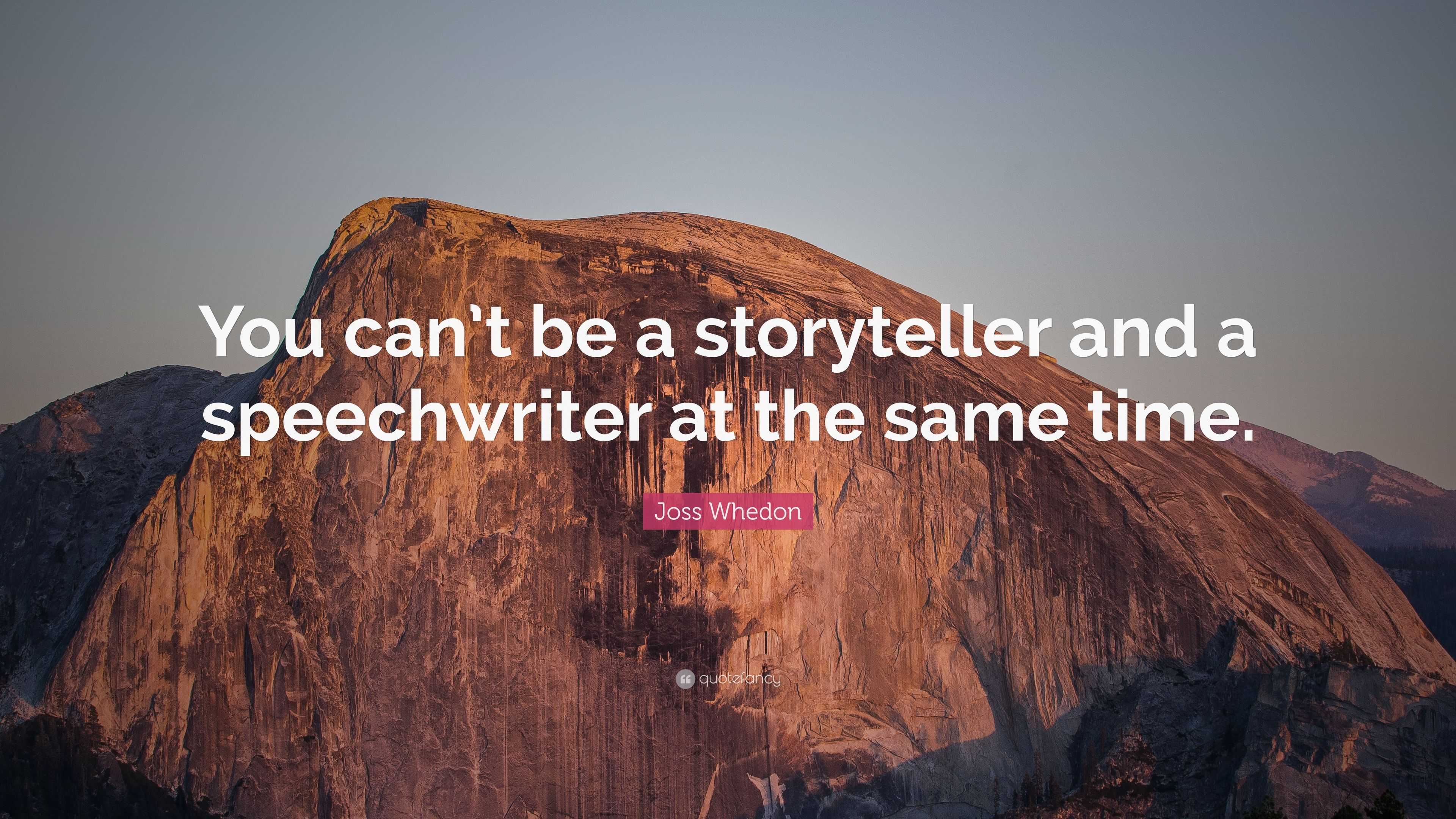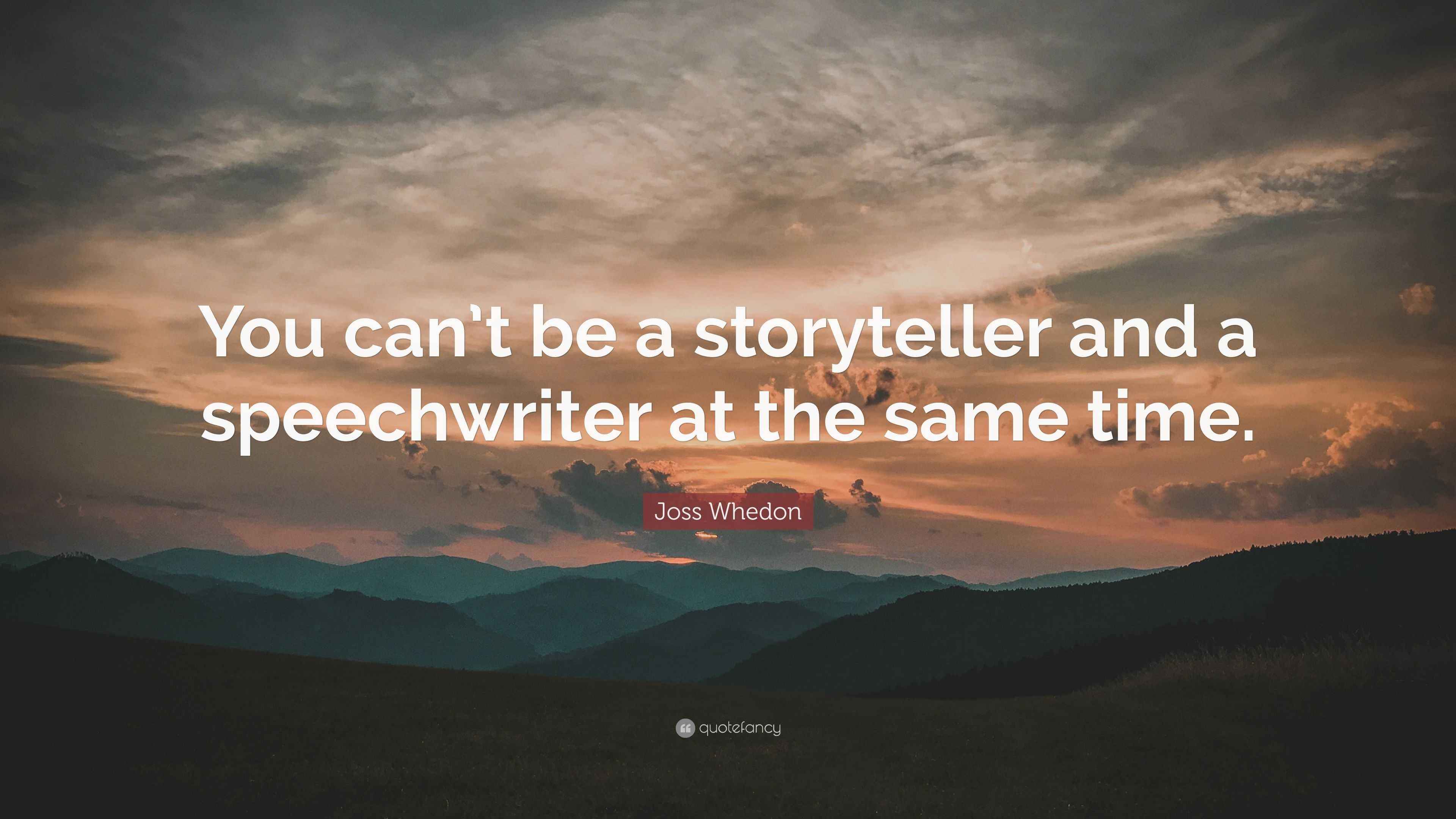When you think about modern cinema, one name that often pops up is Joss Whedon. Yeah, the dude who gave us some of the most iconic TV shows and movies that shaped pop culture as we know it today. Whedon isn't just a filmmaker; he's a storyteller with a knack for weaving complex narratives, layered characters, and social commentary into every project he touches. From Buffy the Vampire Slayer to The Avengers, his work has left an indelible mark on the industry. So, if you're diving into the visionary artistry of Joss Whedon, you're stepping into a world where geek culture meets high art.
But what exactly makes Joss Whedon's work so special? Well, it's not just about the cool special effects or the epic battles. It's about the way he crafts stories that resonate with audiences on a deeper level. His characters are flawed, real, and relatable, even when they're fighting vampires or saving the world from alien invasions. His ability to balance humor, drama, and action is unmatched, and it's this unique blend that keeps fans coming back for more.
As we dive into the world of Joss Whedon, we'll explore how his artistry has redefined modern cinema. We'll look at his signature style, his influence on the industry, and the legacy he's left behind. So, buckle up because this is gonna be one heck of a ride!
Read also:Hello Kitty Characters Names
Table of Contents
- Biography: The Making of a Visionary
- Early Career: The Roots of His Artistry
- Buffy the Vampire Slayer: Redefining the Heroine
- Firefly: A Sci-Fi Gem That Didn't Quite Make It
- The Avengers: Bringing the Marvel Universe to Life
- Whedon's Signature Storytelling Style
- The Impact of Joss Whedon on Modern Cinema
- Criticism and Controversy: The Dark Side of Genius
- Legacy: The Lasting Influence of Joss Whedon
- Conclusion: Why Joss Whedon Matters
Biography: The Making of a Visionary
Before we dive into Joss Whedon's groundbreaking work, let's take a moment to understand the man behind the magic. Born on June 23, 1964, in New York City, Joss Whedon grew up surrounded by creativity. His father, Tom Whedon, was a TV writer, and his mother, Toni, was a homemaker. This upbringing exposed him to the world of storytelling from a young age.
Early Life and Influences
Whedon's fascination with storytelling began early. As a kid, he devoured comic books, sci-fi novels, and classic literature. He was particularly drawn to the works of authors like Ray Bradbury and J.R.R. Tolkien, who inspired him to create rich, immersive worlds. His love for comics, especially Marvel's The Avengers, would later influence his work in ways that fans still celebrate today.
After graduating from Wesleyan University with a degree in film and television, Whedon moved to Los Angeles to pursue a career in writing. His big break came when he co-wrote the screenplay for Toy Story, the first-ever computer-animated feature film. This early success set the stage for his future endeavors and cemented his reputation as a creative force to be reckoned with.
Here's a quick look at some key details about Joss Whedon:
| Full Name | Joseph Hill Whedon |
|---|---|
| Date of Birth | June 23, 1964 |
| Place of Birth | New York City, USA |
| Education | Wesleyan University (Film and Television) |
| Notable Works | Buffy the Vampire Slayer, Firefly, The Avengers |
Early Career: The Roots of His Artistry
Before becoming a household name, Joss Whedon honed his craft in the world of television and film. His early work laid the foundation for the visionary artistry that would later define his career. One of his first big projects was writing for the TV series Roseanne, where he learned the ropes of sitcom writing. This experience taught him the importance of character-driven storytelling and sharp dialogue.
Key Lessons from His Early Work
- Character-Driven Stories: Whedon realized early on that the best stories are built around compelling characters. Whether it's a stay-at-home mom or a vampire slayer, the audience needs to connect with the people on screen.
- Dialogue Matters: His time in sitcom writing taught him the power of clever, witty dialogue. This skill would become a hallmark of his later work, setting his shows apart from the rest.
- Risk-Taking: Whedon isn't afraid to take risks. Even in his early career, he pushed boundaries and challenged conventions, a trait that would define his later success.
Buffy the Vampire Slayer: Redefining the Heroine
When Buffy the Vampire Slayer premiered in 1997, it was unlike anything TV audiences had seen before. At its core, Buffy was a story about a teenage girl who discovers she's destined to fight vampires and demons. But beneath the surface, it was a groundbreaking exploration of female empowerment, identity, and the challenges of growing up.
Read also:John Mcphee Kids
Why Buffy Was a Game-Changer
Buffy wasn't just a show about monsters; it was a show about real-life issues. Themes like friendship, love, loss, and self-discovery were woven seamlessly into the narrative. Joss Whedon's ability to blend the supernatural with the everyday made Buffy resonate with audiences of all ages. The show also introduced the world to iconic characters like Willow, Xander, and Spike, each with their own complex backstories and arcs.
Statistically speaking, Buffy the Vampire Slayer was a ratings success. It ran for seven seasons and garnered a massive fan base that continues to grow even today. According to Nielsen ratings, the show consistently ranked among the top 50 most-watched programs during its run.
Firefly: A Sci-Fi Gem That Didn't Quite Make It
Firefly, Whedon's next big project, was a masterpiece of sci-fi storytelling. Set in a distant future where humanity has colonized new worlds, the show followed the crew of a spaceship called Serenity as they navigated the galaxy. Despite its critical acclaim, Firefly was canceled after just one season, leaving fans heartbroken.
Why Firefly Deserves More Recognition
Firefly was ahead of its time in many ways. It tackled complex themes like class struggle, government corruption, and the human condition. The characters were richly developed, and the world-building was impeccable. Even though it didn't last long, Firefly left a lasting impact on the sci-fi genre and inspired countless creators.
In response to the show's cancellation, fans launched a massive campaign to bring it back. Their efforts paid off with the release of Serenity, a feature film that wrapped up the storylines of the beloved characters. The film was a box office success, earning over $60 million worldwide.
The Avengers: Bringing the Marvel Universe to Life
No discussion of Joss Whedon's career would be complete without mentioning The Avengers. When Marvel approached him to direct their big-screen adaptation of the superhero team, Whedon was hesitant. But after some persuasion, he took on the challenge and delivered one of the most successful films in cinematic history.
How Whedon Made The Avengers a Blockbuster
Whedon's approach to The Avengers was simple yet brilliant. He focused on the characters first, ensuring that each superhero had their moment to shine. The result was a film that balanced action, humor, and heart, appealing to both casual fans and die-hard Marvel enthusiasts. The Avengers grossed over $1.5 billion at the box office, making it one of the highest-grossing films of all time.
Whedon's success with The Avengers proved that he could tackle big-budget blockbusters just as effectively as indie projects. It also solidified his reputation as a filmmaker who could deliver both critical acclaim and commercial success.
Whedon's Signature Storytelling Style
What sets Joss Whedon apart from other filmmakers is his unique storytelling style. He has a knack for creating worlds that feel both fantastical and grounded in reality. His characters are complex, his dialogue is sharp, and his narratives are layered with meaning. Whether he's writing about vampires, space cowboys, or superheroes, Whedon's work always feels fresh and original.
Key Elements of Whedon's Storytelling
- Character-Driven Narratives: Whedon's stories are always about the people in them. He invests time in developing his characters, giving them depth and complexity.
- Witty Dialogue: His characters don't just talk; they banter, joke, and insult each other in ways that feel natural and entertaining.
- Social Commentary: Whedon isn't afraid to tackle tough issues like gender inequality, class disparity, and political corruption through his work.
The Impact of Joss Whedon on Modern Cinema
Joss Whedon's influence on modern cinema cannot be overstated. He has inspired a generation of filmmakers, writers, and fans with his innovative approach to storytelling. His work has pushed the boundaries of what is possible in both television and film, paving the way for new voices and ideas to emerge.
How Whedon Changed the Game
Whedon's impact can be seen in the rise of genre-bending shows and films that blend action, drama, and comedy. He proved that audiences are hungry for stories that challenge them and make them think. His success with The Avengers also demonstrated the potential of the superhero genre, leading to the explosion of Marvel and DC films in recent years.
According to a study by the Entertainment Industry Research Council, Whedon's work has inspired a 30% increase in genre-blending projects over the past decade. This trend shows no signs of slowing down, thanks in large part to Whedon's pioneering efforts.
Criticism and Controversy: The Dark Side of Genius
While Joss Whedon's work has been widely celebrated, it hasn't been without its share of criticism and controversy. Some fans have accused him of writing problematic characters, while others have criticized his handling of certain storylines. More recently, allegations of misconduct on set have cast a shadow over his legacy.
Navigating the Criticism
It's important to acknowledge the valid concerns raised by critics while also recognizing the positive impact Whedon has had on the industry. Like any artist, he is not perfect, and his work reflects his strengths and weaknesses. The key is to engage in thoughtful, constructive dialogue about these issues and strive for progress and growth.
Legacy: The Lasting Influence of Joss Whedon
As we look back on Joss Whedon's career, it's clear that his impact on modern cinema will be felt for generations to come. From Buffy the Vampire Slayer to The Avengers, his work has left an indelible mark on the industry. His ability to blend genres, create complex characters, and tackle tough issues has set a new standard for storytelling.
What the Future Holds
Whedon's legacy will continue to inspire new creators and fans alike. His work serves as a reminder that great art can come from taking risks, pushing boundaries, and staying true to your vision. As the industry evolves, his influence will undoubtedly shape the next wave of storytellers and filmmakers.
Conclusion: Why Joss Whedon Matters
In conclusion, the visionary artistry of Joss Whedon has redefined modern cinema in countless ways. His ability to craft stories that entertain, challenge, and inspire has made him one of the most influential figures in the industry. Whether you're a fan of Buffy, Firefly,


